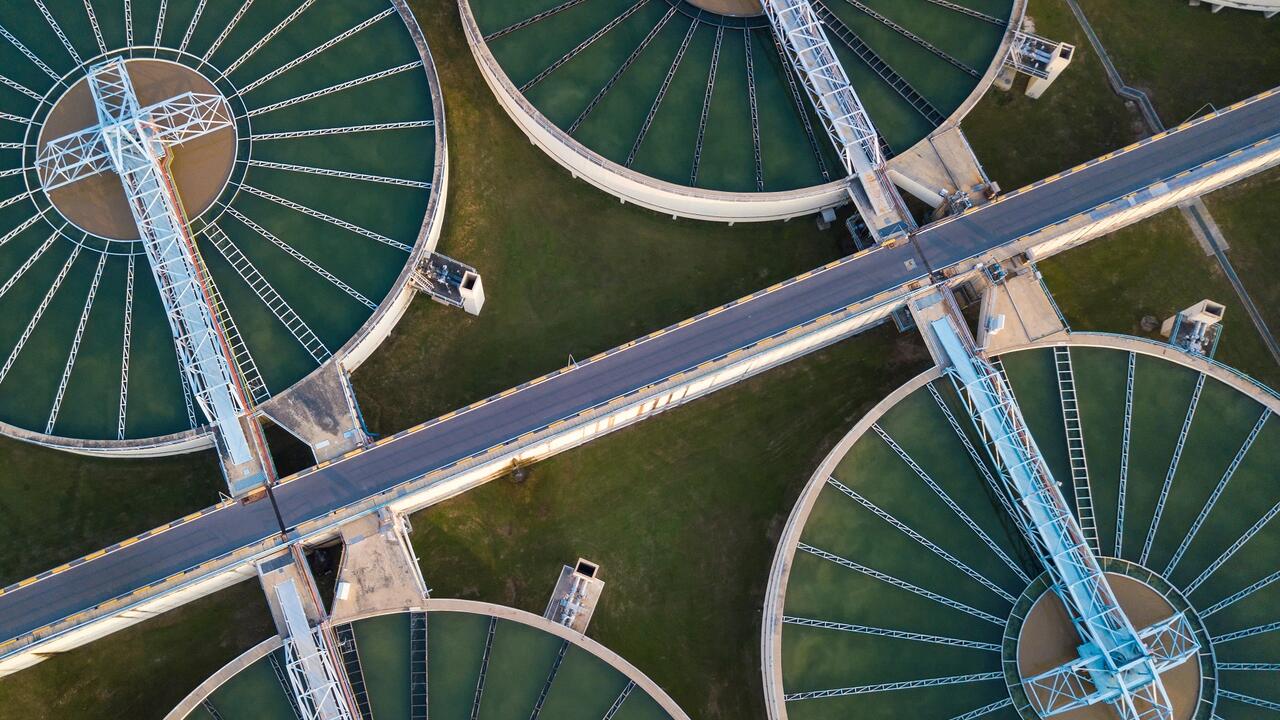
Keeping good company
COVID-19 sewage monitoring startup cracks global TIME list of 100 most influential companies

COVID-19 sewage monitoring startup cracks global TIME list of 100 most influential companies
By Brian Caldwell Faculty of EngineeringA company that was co-founded by a Waterloo Engineering architecture alumnus is in elite company – for the second time – on a worldwide list announced this week by TIME magazine.
Biobot Analytics, a startup launched by Newsha Ghaeli (BAS ’11) and Mariana Matus in 2017, cracked the second annual TIME100 Most Influential Companies list for 2022 along with global giants such as Amazon, Meta, Apple, Disney, Netflix, the National Football League and TikTok.

Newsha Ghaeli is president and co-founder of Biobot Analytics.
Companies on the list were selected by TIME editors for “making an extraordinary impact around the world.” Criteria for selection included relevance, impact, innovation, leadership and success.
“Biobot’s mission has always been to make a positive impact in the field of public health, and we’re incredibly proud to be listed alongside so many innovative companies from all over the world,” Matus said in a media release.
Ghaeli, an urban studies researcher and the company president, met Matus, a biologist who serves as CEO, while they were both at the Massachusetts Institute of Technology.
Biobot was the first company to analyze human waste on a commercial basis to provide data-driven insights for public health officials.
Its pioneering work, described by the company as “wastewater epidemiology,” has grown in both prominence and importance as a means to monitor COVID-19 levels and identify outbreaks in communities during the pandemic.
Biobots’ technology, which can also detect and track the presence of opioids and other substances, is now deployed at more than 700 sewage sites serving over 100 million people.

Read more
How Doug Kavanagh’s software engineering degree laid the foundation for a thriving career in patient care

Read more
Upside Robotics secures new funding to accelerate the future of sustainable farming

Read more
Redefining capstone learning by bringing students, faculty and community partners together to tackle real-world challenges
The University of Waterloo acknowledges that much of our work takes place on the traditional territory of the Neutral, Anishinaabeg, and Haudenosaunee peoples. Our main campus is situated on the Haldimand Tract, the land granted to the Six Nations that includes six miles on each side of the Grand River. Our active work toward reconciliation takes place across our campuses through research, learning, teaching, and community building, and is co-ordinated within the Office of Indigenous Relations.